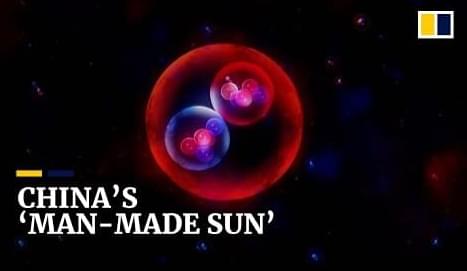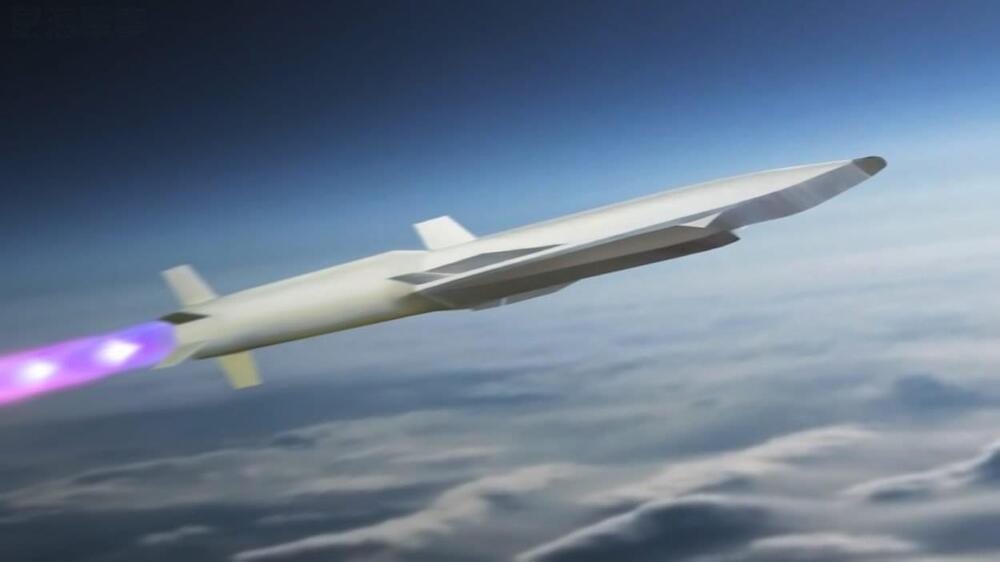Jan 5, 2022
Chinese scientists build factory robot that can read minds
Posted by Krys Hyff in categories: innovation, robotics/AI
The robot not only monitored the worker’s brain waves, but also collected electric signals from muscles, as it worked seamlessly together to assemble a complex product, according to its developers at China Three Gorges University’s Intelligent Manufacturing Innovation Technology Centre.
The co-worker did not need to say or do anything when they needed a tool or a component, as the robot would recognise the intention almost instantly, picking up the object and putting it on the workstation, according to the developers.
Trained robot monitored co-worker’s brain waves and muscle signals to predict needs, China Three Gorges University team says in domestic peer-reviewed paper.
Continue reading “Chinese scientists build factory robot that can read minds” »

















